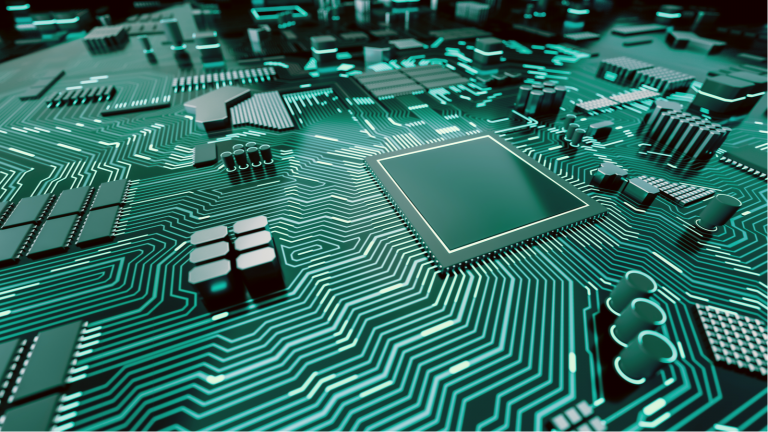When investors and economic historians look back at 2023, they will remember one important trend. The artificial intelligence (AI) boom has transformed entire industries, setting the economy toward an exciting, albeit sometimes unpredictable, new future. This revolutionary technology has spawned a new wave of stock market winners, but one group within the sector has ridden the wave more than anyone else. Chip stocks have enjoyed truly impressive growth this year, led by Silicon Valley darling Nvidia (NASDAQ:NVDA). However, market tides are already changing, and some experts are already concentrating on the next phase of AI. For some, this means focusing less on chip stocks and more on the companies poised to ride the upcoming wave.
InvestorPlace senior analyst Luke Lango has compared the AI boom to the dot com bubble of the late 1990s. While he sees tremendous growth ahead for the AI sector, he isn’t so bullish on Nvidia. He’s focused less on chip stocks and more on what he sees as the next phase of AI. Much like the dot com boom, he believes the AI wave is coming in gradual stages, each of which will mint a new class of winning stocks.
The Future of Chip Stocks
As Lango sees it, the first wave of the AI boom consisted of companies wanting to build their own models. This put Nvidia in an excellent position to skyrocket, which it certainly did. While Lango sees the company as remaining profitable, he also believes its growth is destined to slow down. This is because of one major trend that he sees already taking shape: companies seeking to build their own chips rather than use Nvidia’s. This is likely to create ripples for chip stocks in the coming year.
Now, companies are entering the second wave of the AI boom, a period that will see them take the AI models they have created and make them more specific. That’s a problem for Nvidia because the company’s core technology isn’t built for that. As Lango states:
“Because they are so supply constrained right now, they’re just laser focused on getting any chips that they can get out the door. And obviously the first on the priority deck in their order book are just these general use chips. So for these companies that are now deeper in the AI game, more mature, looking to build more custom models. [Nvidia isn’t making what they want.] So they’re looking to diversify outside of that, for more customizable chips that are easier to get and more readily attainable at this point in time.”
For this reason, AI leaders are looking to move away from working with Nvidia. ChatGPT maker OpenAI is looking to partner with Microsoft (NASDAQ:MSFT) to produce its own chips, while Elon Musk’s xAI is exploring similar options with Oracle (NYSE:ORCL). This puts both tech giants in a good position to ride the next AI wave.
Another likely winner is Alphabet (NASDAQ:GOOGL, NASDAQ:GOOG), which is heavily invested in OpenAI competitor Anthropic. Both Meta Platforms (NASDAQ:META) and Amazon (NASDAQ:AMZN) are busy building their own chips, and all the while, tech giants have been making significant investments in AI startups. This points to an economy in which the biggest winners won’t necessarily be chip stocks but companies with significant exposure to the sector.
AI’s Second Act
Lango is convinced that the world is quickly launching toward the second phase of the AI boom. He sees the recent firing and rehiring of OpenAI CEO Sam Altman as a clear indication of the sector’s progress:
“It played out like an episode of Succession,” Lango notes. “And while everyone was enraptured by the boardroom drama playing out [between Altman] and his colleagues, I was much more focused on the broader implications.”
These implications are that the next phase of AI is upon us, one that Lango calls the profit push. He sees this development as a phase of technology that will usher in a new wave of products and services capable of changing the world. Opportunities to profit will be ample for investors, but they likely won’t come from chip stocks. As Lango has also discussed, he sees companies that help other firms build their own chips as having unique opportunities to benefit from the next AI wave.
On the date of publication, Samuel O’Brient did not have (either directly or indirectly) any positions in the securities mentioned in this article. The opinions expressed in this article are those of the writer, subject to the InvestorPlace.com Publishing Guidelines.

